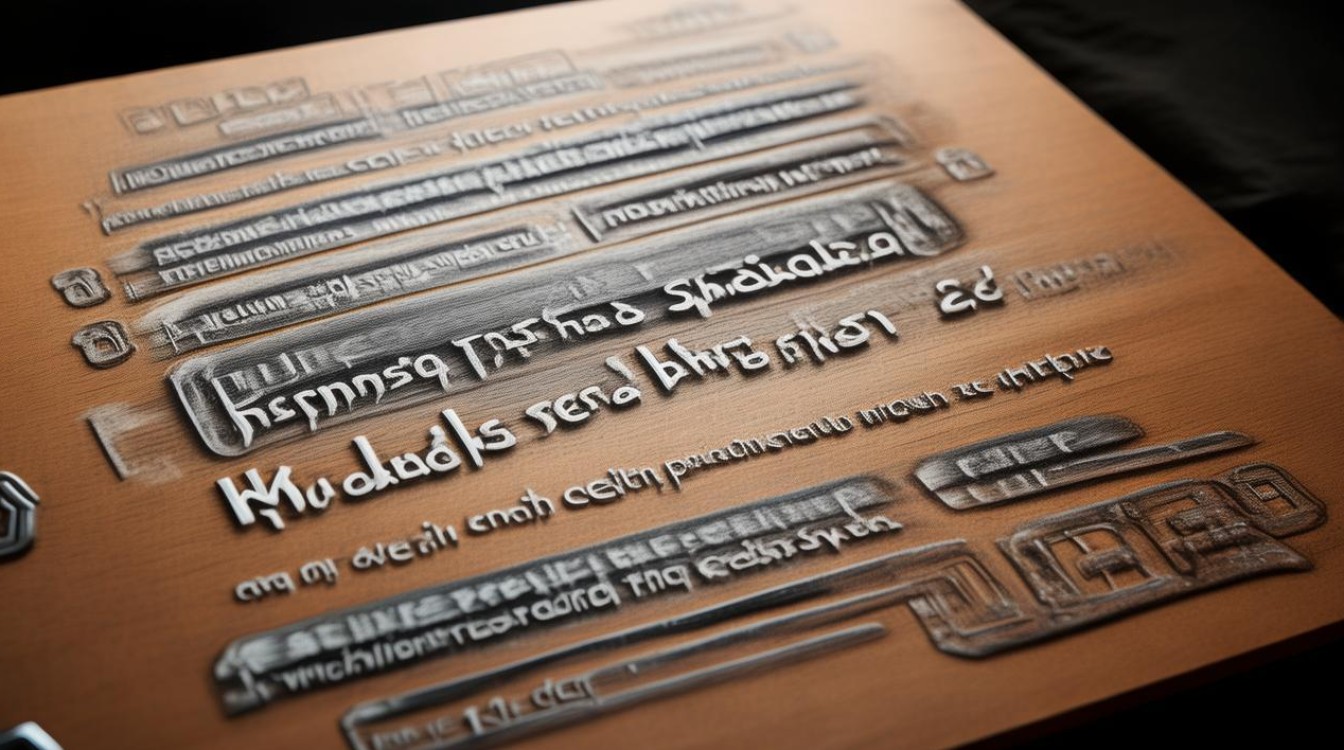英语写作中,改写句子是一项关键技能,无论是为了避免重复、提升表达多样性,还是为了优化文章的可读性,掌握改写技巧都至关重要,本文将介绍几种实用的英语句子改写方法,帮助写作者灵活运用语言,使表达更加精准、流畅。

同义词替换
同义词替换是最基础的改写方式,通过更换单词或短语,保持句子原意不变。
- 原句:The quick fox jumps over the lazy dog.
- 改写:The fast fox jumps over the lazy dog.
这种方法简单直接,但要注意所选词汇的语境是否合适,某些同义词在特定场景下可能不完全匹配,因此需要结合上下文判断。
改变句子结构
调整句子结构可以让表达更加多样化,避免句式单调,常见的方法包括:
(1) 主动语态与被动语态互换
- 原句(主动):The teacher gave the students a test.
- 改写(被动):The students were given a test by the teacher.
被动语态适用于强调动作的接受者,但不宜过度使用,否则可能让句子显得冗长。

(2) 合并或拆分句子
- 原句:She loves reading. She spends hours in the library.
- 改写:She loves reading and spends hours in the library.
或者:
- 原句:The movie was exciting, but it was also quite long.
- 改写:The movie was exciting. However, it was quite long.
(3) 改变从句结构
- 原句:The book that was written by J.K. Rowling is very popular.
- 改写:The book written by J.K. Rowling is very popular.
使用不同的表达方式
同一概念可以用多种方式表达,
- 原句:He failed the exam.
- 改写:He did not pass the exam.
- 改写:He was unsuccessful in the exam.
调整语序
改变单词或短语的顺序,可以使句子更自然或突出重点。
- 原句:In the morning, I usually drink coffee.
- 改写:I usually drink coffee in the morning.
使用短语替代单词
某些单词可以用短语替换,使句子更丰富:

- 原句:She agreed to the proposal.
- 改写:She gave her consent to the proposal.
改变时态或语态
在合适的语境下,调整时态也能实现改写:
- 原句:She is writing a novel.
- 改写:She has been writing a novel.
利用语法转换
某些语法结构可以互换,
- 原句:To improve your English, you should practice daily.
- 改写:For improving your English, you should practice daily.
避免重复表达
如果前文已经提到某个概念,后文可以用代词或不同表述避免重复:
- 原句:The company launched a new product. The new product was well-received.
- 改写:The company launched a new product, which was well-received.
使用比喻或修辞
适当运用比喻或修辞手法,可以让句子更生动:

- 原句:The wind was strong.
- 改写:The wind howled like a wild animal.
结合上下文优化
改写不仅仅是替换单词或调整结构,还需要考虑整体语境,在学术写作中,正式词汇和复杂句式更合适;而在口语化表达中,简洁明了的句子更受欢迎。
掌握这些方法后,可以更灵活地调整句子,使写作更加流畅自然,关键在于多练习,培养语感,并在实际写作中不断尝试不同的表达方式。



